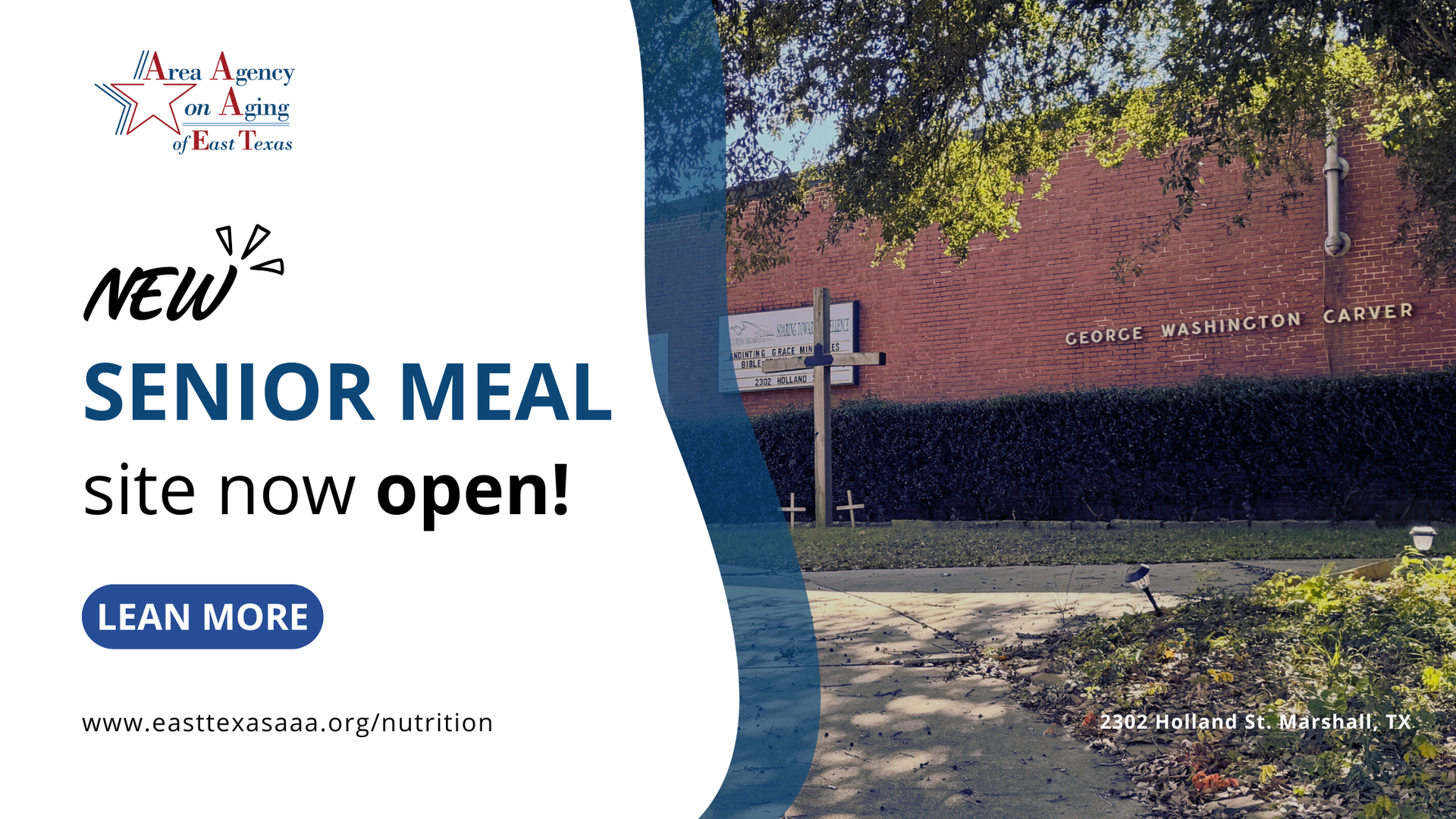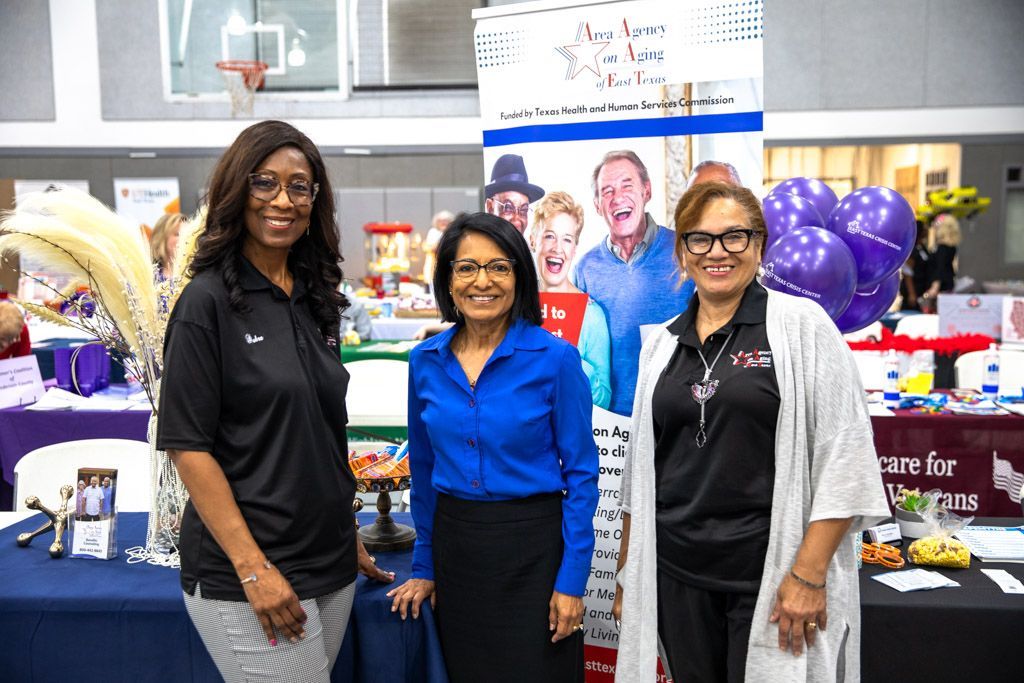Healthy Aging and Social engAGEment
The National Resource Center for Engaging Older Adults - January 2020 engAGED Newsletter • February 6, 2020
Understanding Loneliness In Older Adults — And Tailoring A Solution

For years, Dr. Linda Fried offered older patients who complained of being lonely what seemed to be sensible guidance. “Go out and find something that matters to you,” she would say.
But her well-meant advice didn’t work most of the time. What patients really wanted were close relationships with people they care about, satisfying social roles and a sense that their lives have value. And this wasn’t easy to find.
We need “new societal institutions that bring meaning and purpose” to older adults’ lives, Fried recently told a committee of the National Academies of Sciences investigating loneliness and social isolation among older adults. (Fried is a geriatrician and dean of the Mailman School of Public Health at Columbia University.)
The committee’s deliberations come amid growing interest in the topic. Four surveys (by Cigna, AARP, the Kaiser Family Foundation and the University of Michigan) have examined the extent of loneliness and social isolation in older adults in the past year. And health insurers, health care systems, senior housing operators and social service agencies are launching or expanding initiatives. (Kaiser Health News is an editorially independent program of the Kaiser Family Foundation.)
Notably, Anthem Inc. is planning a national rollout to Medicare Advantage plans of a program addressing loneliness developed by its subsidiary CareMore Health, according to Robin Caruso, CareMore’s chief togetherness officer. UnitedHealthcare is making health navigators available to Medicare Advantage members at risk for social isolation. And Kaiser Permanente is starting a pilot program that will refer lonely or isolated older adults in its Northwest region to community services, with plans to eventually bring it to other regions, according to Lucy Savitz, vice president of health research at Kaiser Permanente Northwest. (KHN is not affiliated with Kaiser Permanente.)
The effectiveness of these programs and others remains to be seen. Few have been rigorously evaluated, and many assume increased social interaction will go a long way toward alleviating older adults’ distress at not having meaningful relationships. But that isn’t necessarily the case.
“Assuaging loneliness is not just about having random human contact; it’s about the quality of that contact and who you’re having contact with,” said Dr. Vyjeyanthi Periyakoil, an associate professor of medicine at Stanford University School of Medicine.
A one-size-fits-all approach won’t work for older adults, she and other experts agreed. Instead, varied approaches that recognize the different degrees, types and root causes of loneliness are needed.

The Area Agency on Aging of East Texas (AAA) opened a new congregate meal site in Marshall on Monday, December 15th. Older adults, aged 60 and up, eligible for the Senior Nutrition Program will be able to enjoy a hot lunch, good conversation, and a friendly place to gather. Location George Washington Carver Community Center 2302 Holland St Marshall, TX 75670 Meal Hours Monday–Thursday 11:00 AM–12:30 PM Phone 903-923-8410 The Senior Nutrition Program supports adults age 60 and older through both congregate meals and home-delivered meals. These meals follow dietary guidelines and help older adults stay connected and healthy. For folks who can’t travel, home-delivered meals bring food, a wellness check, and a bit of company to their door. How to Enroll Adults age 60 and older can join the Senior Nutrition Program by contacting the provider for their county listed at: easttexasaaa.org/nutrition , or by receiving a referral from AAA staff. Caregivers who care for someone receiving home-delivered meals may also be referred for services by calling AAA. The Carver Community Center site will give more Marshall and Harrison County residents a place to eat, visit, and keep a steady routine. If you or someone you know could benefit, contact the AAA for assistance!

Medicare Open Enrollment runs from October 15 until December 7, and people with Medicare will have more coverage options to consider. Plan costs and covered benefits have changed, so our Area Agency on Aging of East Texas (AAA) is offering benefits counseling assistance to encourage Medicare recipients to review their coverage choices and decide on the options that best fit their health needs. The changes Medicare recipients can make during Open Enrollment include: Joining a new Medicare Advantage Plan or Part D prescription drug plan Switching from Original Medicare to a Medicare Advantage Plan Switching from a Medicare Advantage Plan to Original Medicare (with or without a Part D plan) “Medicare Open Enrollment allows you the opportunity to review your healthcare plan and check on your financial well-being, which could also help save costs and coverage,” says AAA Benefits Counselor Nellie Spencer. “Call us and talk to an unbiased, qualified Benefits Counselor. We are also your State Health Insurance Assistance Program (SHIP) and available free of charge to go over your options.” For assistance, please call the Area Agency on Aging at 1-800-442-8845 to speak to a qualified benefits counselor. Appointments can be made over the phone, in a virtual meeting, or in person. Local Open Enrollment presentations: Benefits counselors will also be available for appointments at these community events during the Open Enrollment period. To reserve your spot, call the Area Agency on Aging at 1-800-442-8845. Walk-ins will be accepted. Palestine Resource Center for Independent Living, 421 Avenue A, Palestine, TX Date: Tuesday, November 4th Time: 9:00 am-3:00 pm George Washington Carver Community Center, 2303 Holland St., Marshall, TX Date: Thursday, November 6th Time: 10:00 am-2:00 pm Mt. Zion C.M.E. Church, 104 State Hwy. 64, Ben Wheeler, TX Date: Thursday, November 13th Time: 1:00 pm-3:30 pm First Christian Church, 1920 Beaumont St., Jacksonville, TX Date: Thursday, November 20th Time: 9:00 am-12:00 pm Be on alert for these Medicare Open Enrollment scams: There are no "limited time offers." Medicare or a health plan calls and wants to send you a new health card for $299. You receive a call about a refund from last year's premiums or your drug plan cost. An agent tries to sign you up for a plan that you don't need, isn't right for you, or doesn't even exist. Watch out for fake RX cards offering significant discounts with little or no benefits. You receive a call offering significant discounts on a new health insurance plan. Agents can NOT cold call you. Tips on how to stop fraud during Open Enrollment: If it's "too good to be true," it probably is. Don't trust all the ads you see on TV. Review the plan BEFORE you join. Even if you're not switching, review your current plan to ensure it covers your doctors. Medicare will never call or visit. Medicare will only send information via postal mail service. Guard your Medicare card and number like a credit card. Don't give out your Medicare number except to your doctor or other providers. Don't let someone push you into making a fast decision. If you receive a call, especially from a number you do not recognize or anyone requesting personal information, hang up immediately. Know your health care options. Get help from your family, the Medicare website, or your local State Health Insurance Assistance Program (SHIP), which for East Texas is the AAA. No health care plan is allowed to cold call. Medicare plans can be viewed and compared at www.medicare.gov .




